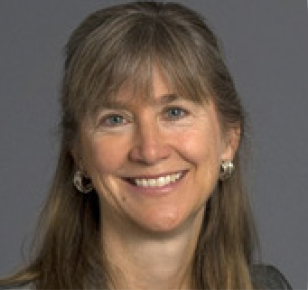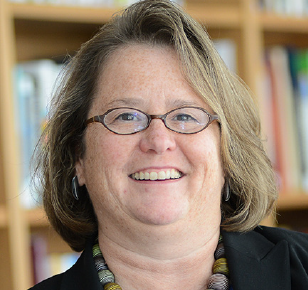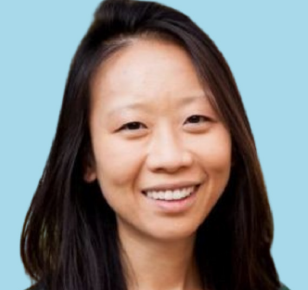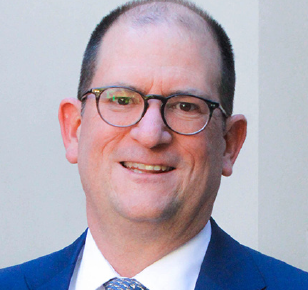
12:30 - 02:00 pm
Reenvisioning School Staffing
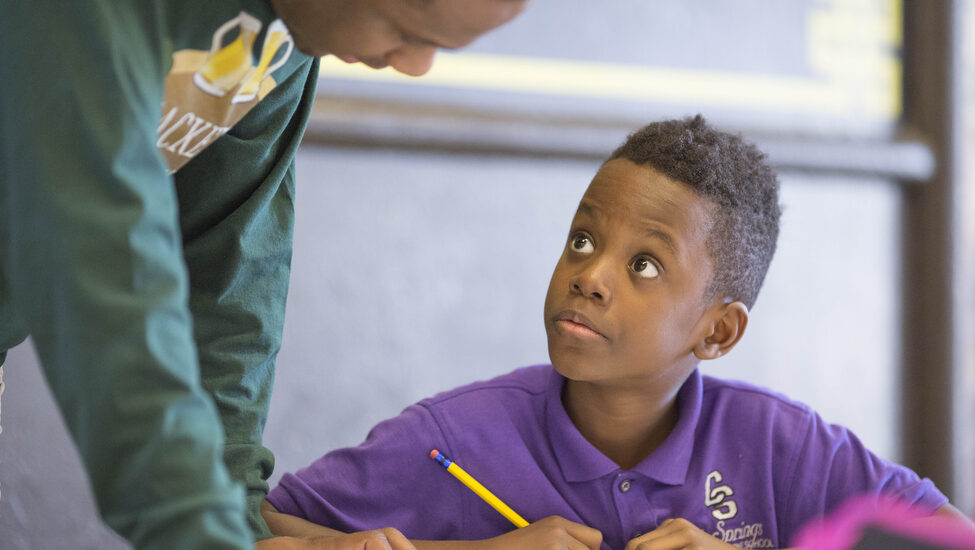
“The vision begins with expert lead teams of educators who share the work. This isn’t something we made up. It’s based on research about how teachers thrive, what they want, what keeps them in the work and how instruction works best for students who need it most. It begins with teams of teachers who bring different aspects of expertise to the work and support each other in figuring out how to get each student to the highest levels.”
Moderator Karen Hawley Miles of Education Resource Strategies (ERS) offers the above description of differentiated staffing in her framing comments for this Funder-to-Funder Conversation, co-sponsored by Overdeck Family Foundation. The session features a panel of local and national funders and leaders of innovative educator support models as they explore how differentiated staffing and teacher leadership models can improve both teacher efficacy and student outcomes.
Stephanie Banchero of The Joyce Foundation, Irene Chen of Overdeck Family Foundation and Shayne Spalten of Charles and Lynn Schusterman Family Philanthropies open the session by discussing why school and staffing redesign and teacher empowerment are so critical in this moment. Noting that school districts have received increased public funding in the wake of the pandemic, they outline the unique roles that philanthropy can play. These include investments in collaboration; public policy and systems change; research and development; and long-term infrastructure or providing risk capital to test innovations that, if successful, can be scaled with public funding. They also stress the role that local funders could play in bringing differentiated staffing models to their local school systems.
These philanthropic leaders are joined by Bryan Hassel of Public Impact’s Opportunity Culture, Kira Orange Jones of Teach Plus, Yuridiana Lewis a Teach Plus Fellow at Sunset High School in Dallas, and Brent Maddin of Next Education Workforce at Arizona State University’s Mary Lou Fulton Teachers College who each explain how their organizations empower educators and support efforts to rethink the traditional staffing model. They discuss how their models support new and experienced educators, helping proven educators explore career advancement opportunities that allow them to continue teaching while also helping to build the capacity of their colleagues. They share how schools and districts can shift school schedules and funding streams to apply these models in ways that are sustainable over the long term.


 All Events
All Events
